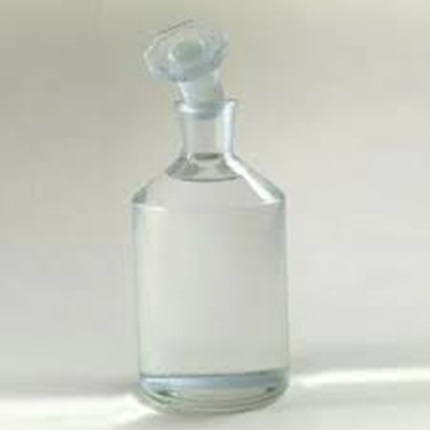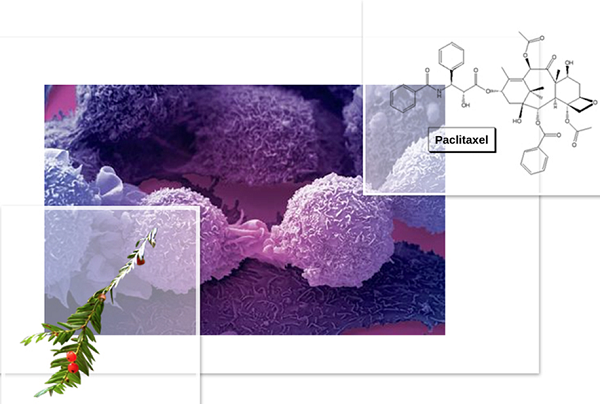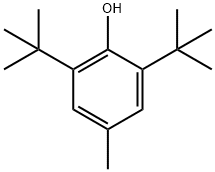Is it safe to use Butylated Hydroxytoluene in skincare?
Aug 20,2024
Introduction
Butylated hydroxytoluene, aka BHT, is a preservative and antioxidant found commonly in food and skincare products alike. It may damage the protective outer layer of viral cells. This may keep the viruses from multiplying and/or doing more damage.
Uses
Butylated hydroxytoluene is an antioxidant for food and animal feed; it is used in petroleum products, synthetic rubbers, plastics, animal and vegetable oils, and soaps. It is also used as an anti skinning agent in paints and inks. Butylated hydroxytoluene is an additive used as an antioxidant in foods such as packet cake mixes, potato crisps, salted peanuts, and dehydrated mashed potatoes. In March 1990, the Danish Product Register listed 440 products containing butylated hydroxytoluene; the content was below 50 ppm in 66% of these products; the main categories were paints/lacquers and hardeners for paints, glues, and fillers.
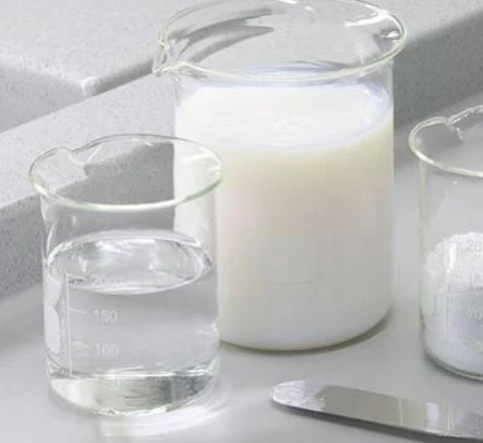
In skincare
BHT is the recognized name in the cosmetics industry for butylated hydroxytoluene. BHT is used in various cosmetic formulations as an antioxidant at 0.0002% to 0.5% concentrations. BHT does penetrate the skin, but the relatively low amount absorbed remains primarily in the skin.
Such low amounts do not pose a risk to the skin (indeed, the safety assessment found BHT was non-irritating), nor does it penetrate the skin far enough to be absorbed into the bloodstream. The European Union’s Scientific Committee on Consumer Safety concluded in December 2021 that “BHT is safe as an ingredient up to a maximum concentration of 0.8% in other leave-on and rinse-off products.”
Safety
Oral studies demonstrate that BHT is metabolized. The primary metabolites in the urine are the carboxylic acid of BHT and its glucuronide. At acute doses of 0.5 to 1.0 g/kg, some renal and hepatic damage was seen in male rats. Short-term repeated exposure to comparable doses produced hepatic toxic effects in male and female rats. Subchronic feeding and intraperitoneal studies in rats with BHT at lower doses produced increased liver weight and decreased activity of several hepatic enzymes. In addition to liver and kidney effects, BHT applied to the skin was associated with toxic effects in lung tissue. BHT was not a reproductive or developmental toxin in animals. BHT has been found to enhance and inhibit the humoral immune response in animals[1].
BHT was not generally considered genotoxic, although it did modify the genotoxicity of other agents. BHT has been associated with hepatocellular and pulmonary adenomas in animals but was not considered carcinogenic and was associated with a decreased incidence of neoplasms. BHT has been shown to have tumour-promotion effects, be anticarcinogenic, and have no effect on other carcinogenic agents, depending on the target organ, exposure parameters, the carcinogen, and the animal tested. Various mechanism studies suggested that BHT toxicity is related to an electrophilic metabolite. In a predictive clinical test, 100% BHT was a mild irritant and a moderate sensitizer. In provocative skin tests, BHT (in the 1% to 2% concentration range) produced positive reactions in many patients. Clinical testing did not find any depigmentation associated with dermal exposure to BHT, although a few case reports of depigmentation were found. Recognizing the low concentration at which this ingredient is currently used in cosmetic formulations, it was concluded that BHT is safe to use.
References:
[1] REBECCA S LANIGAN T A Y. Final report on the safety assessment of BHT(1).[J]. International Journal of Toxicology, 2002, 21 Suppl 2. DOI:10.1080/10915810290096513.
- Related articles
- Related Qustion
- Butylated Hydroxytoluene: uses and side effects Apr 22, 2024
Butylated hydroxytoluene, a cresol derivative, is an additive used as an antioxidant in foods such as packet cake mixes, potato crisps, salted peanuts, and dehydrated mashed potatoes.
- The Antioxidant of Butylated Hydroxytoluene Nov 17, 2022
The passage introduces the antioxidant of Butylated Hydroxytoluene.
- Butylated Hydroxytoluene - Properties and Application Mar 30, 2020
Butylated hydroxytoluene are also be named as 2, 6-di-tert-butyl-4-methylphenol, 2, 6-di-tert-butyl-p-cresol, Antioxidant 264, 2, 6-di-tert-butyl-p-methylphenol, BHT, DBPC, dibutylhydroxytoluene. The Molecular Weight of BHT is 220.35.
Butyl Isocyanate is a colourless liquid, it may polymerize due to heating. Decomposes on burning.....
Jan 26,2025Organic ChemistryPaclitaxel is a widely used drug developed since the mid-1980s, with significant antitumor activity against ovarian, head and neck, bladder, breast and lung cancers.....
Aug 20,2024Plant extractsButylated Hydroxytoluene
128-37-0You may like
Butylated Hydroxytoluene manufacturers
- 2,6-Di-tert-butyl-4-methylphenol
-
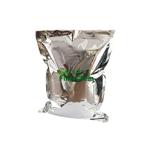
- $5.00 / 25kg
- 2025-01-24
- CAS:128-37-0
- Min. Order: 1kg
- Purity: ≥99%
- Supply Ability: 200mt/year
- BHT / Butylated Hydroxytoluene
-
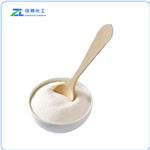
- $120.00 / 1kg
- 2025-01-24
- CAS:128-37-0
- Min. Order: 1kg
- Purity: 99%
- Supply Ability: 20ton
- Butylated Hydroxytoluene
-
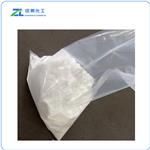
- $150.00 / 1kg
- 2025-01-24
- CAS:128-37-0
- Min. Order: 1kg
- Purity: 99%
- Supply Ability: 500kg




